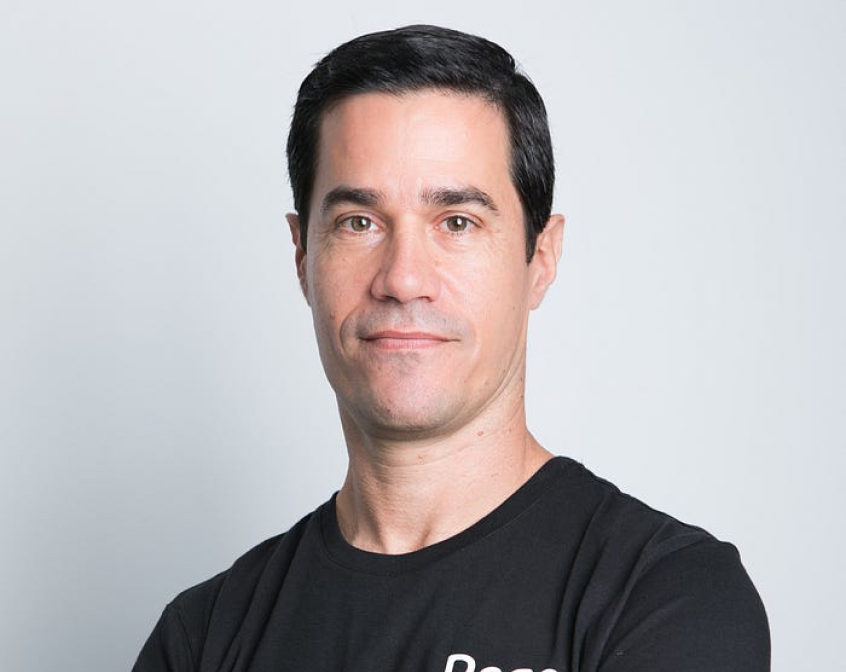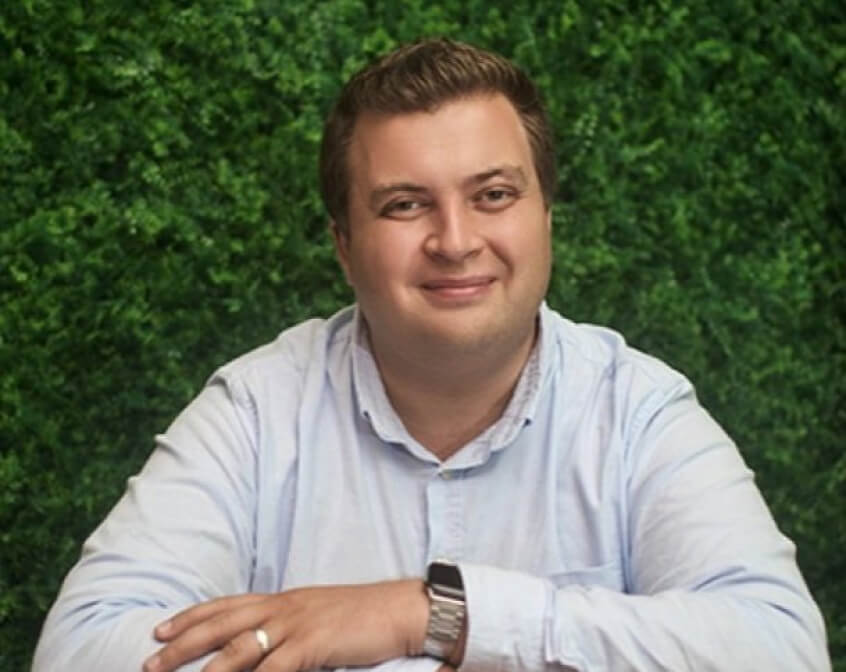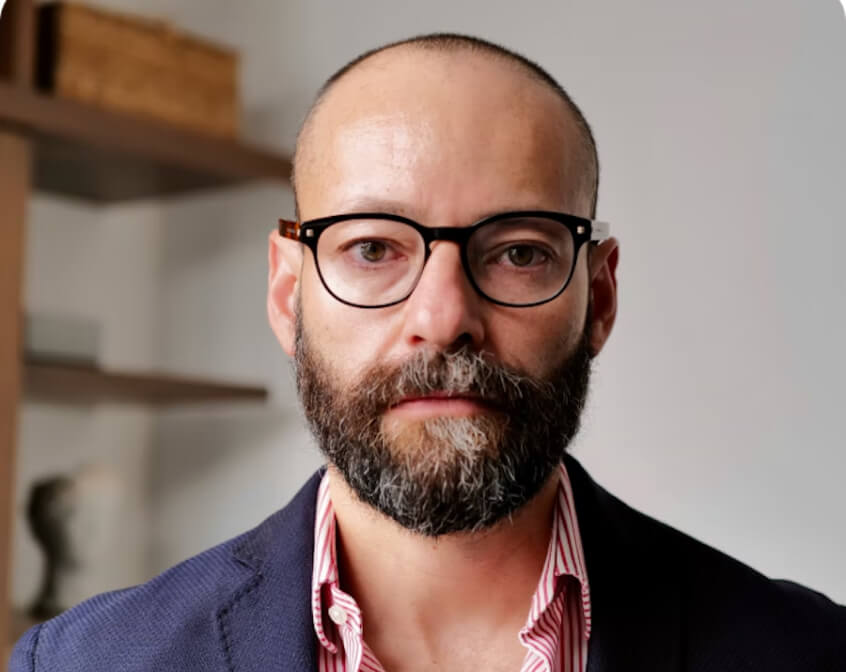One of the biggest recurring challenges we discuss with founders in the Crew portfolio is how to scale culture through hyper growth. For fast growing startups, product development velocity and customer focus are two key competitive advantages. Incumbents have more resources, access to capital, and wider distribution, but startups can often build faster with tighter customer feedback loops.
The advantages that startups possess over incumbents are fundamentally born out of a company’s culture. They are imbued into a company’s DNA by the founding team from day one. However, it can be challenging to maintain the key attributes that define a startup’s culture as it scales. New organizational departments are created, new employees get hired, and new processes get put in place to manage it all. Defining and maintaining company culture in a startup with a dozen people is one thing, but scaling it to hundreds or thousands of people across geographies is another.
We recently sat down with Chris Turlica, the founder and CEO of MaintainX, to talk about how he and his team think about addressing these questions around scaling culture through hyper growth in real-time as a post-Series B company.
Interview
Chris, thanks for sitting down with us to talk about culture. At MaintainX you guys are building this modern workflow management platform for industrial and frontline workers, and you’ve been growing quickly. Last year Bessemer led your $50M Series B, in which we at Crew Capital participated. Let’s go back to the beginning though. Tell us the story of how you were originally founded and how you would describe that initial culture that you tried to build into the company.
My co-founder and I started MaintainX in 2018. We had previously built and sold a company together, and in that process, we observed how underserved by modern software frontline professionals were, across all fields. This problem extends far beyond hourly workers to plant managers, mechanical engineers, chemical engineers and reliability professionals. The state of the art system of record in many of these industrial and frontline environments is still a clipboard.
We decided to build a simple to use workflow deployment and orchestration environment that would help underserved frontline professionals manage the maintenance, safety, and operations on their equipment and facilities. We envisioned it to be as easy to understand as Slack and Asana but very use case specific for frontline needs.
From the beginning, we wanted to build the company that we ourselves always wanted to work at. The more we thought about what was important for our team, the more it became apparent to us that the people we always gravitated towards and did the best work with had three main attributes in common: they were highly competent, humble, and optimistic.
Tell us more about what these three attributes mean to you and your team.
Yes sure, so starting with high competence, this is critical because, at the end of the day, building a startup is like playing in the Olympics – it requires excellence. We can’t build and scale a successful company without it.
Along the way, we realized how important it is to be humble, and although one should defend their opinions, one should also be able to listen and pivot. If in the heat of a passionate pitch, someone gives you a data point that is counter to that opinion, it’s important to stop and recalculate: “If this data point is true, then what I’m saying now may not be entirely correct, so let’s rethink it a bit”. It’s extremely important to have that humility as we search for the objectively best strategies to grow our business.
In terms of being an optimist, to us that means seeing every outcome of a decision as a lesson that should be quickly learned and adapted to the next set of decisions we have to make. We’ve met highly competent and humble people, who take the failure of their ideas personally and this sets them into a bad tailspin. We find that too many people in startups focus on what can go wrong and, while this is healthy, it’s also important to be an optimist, learn from your failures, and focus on what can go right moving forward.
So that is what we look for in potential hires – highly competent and humble optimists.
That is an amazing framework and a well articulated approach. Let’s fast forward to today – how big is the company, and how have you thought about scaling culture through the growth over the last couple years?
We are currently at 93 employees and growing fast. We still screen for the three main things I mentioned above, and we have been careful about who we hire. We take our time to find the right professionals. This is our foundational team and we want to build it with people who align with our values and bring diversity to our company. The first 10 people determine who the next 100 people are, and the first 100 people determine who the next 1000 people are. Getting this right is crucial, even though it’s hard to maintain the discipline to say no in the face of fast increasing hiring targets.
Do you have company values or principles that you enumerate to help employees understand your culture and what’s important to the company? How do you think about them in terms of their ability to facilitate culture scaling?
On top of what we’ve discussed, I’d add that we have a strict no asshole policy and we only hire people who understand that, in our company, we have each other’s backs. Scaling a startup successfully is hard and no one should ever feel like they’re alone. When we have a problem, we solve it as a team, regardless of whether it’s in someone’s job description.
How do you think about maintaining team unity in MaintainX?
We believe in meritocracy, where ideas and effort are publicly celebrated. The person who is the most impactful and helpful to everyone around them will be rewarded. Politics are a big no for all of us and we particularly part ways with “political folks”, when we observe that culture mismatch.
How do you make sure the talent you attract adds value and diversity to your company and at the same time shares the same values as you do?
I think most of our colleagues would agree with the highly competent optimists paradigm. Diversity of opinions, background and doing the objectively right thing is critical and fits within that framework. We don’t hire great people to tell them what to do, but rather to have them tell us what to do.
Any lessons or words of wisdom that you’d like to share with other entrepreneurs trying to scale culture?
Keep it honest, never compromise on integrity, and make sure that people give credit to each other for their hard work. Feedback should be given with a high degree of candor and you have to genuinely care about the success of your team as humans, pursuing their personal career arcs. No one will care about your feedback until they know you genuinely care about them.
To learn more about MaintainX, check out their website and open jobs.
Related Articles

From Code to Company Building: How Sunil Rao is Reimagining Enterprise Sales
Sunil Rao, CEO of Tribble, on his journey from engineer to founder, shifting enterprise software buying in the AI era,…

Ofer Klein: Security’s Role in Startups and Beyond
Earlier this month we announced our investment in Reco, as part of the company’s first external financing. We participated in…

From Early Vision to Software Giant: Lavinia Cojocaru’s Journey to Building a Generational Technology Business
Lavinia Cojocaru knows what it's like to build a successful startup from the ground up: As co-founder and lead software…






